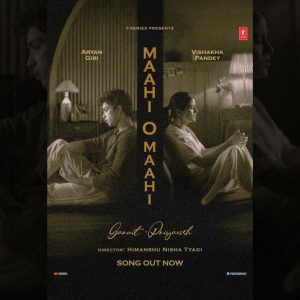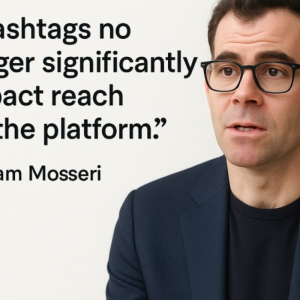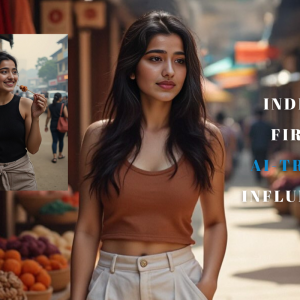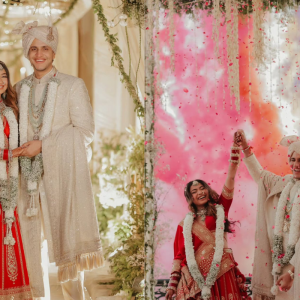Coachella is where music meets style, but this year, fashion drama upstaged even the biggest headliners. At the center of the chaos? Influencer and fashion critic Sufi Motiwala, whose brutal style review sparked a viral feud with top creators Manav Chhabra (Mr. MNV) and Unnati Malharkar.
Sufi Motiwala vs. Mr. MNV & Unnati: A Style Roast Gone Wild
View this post on Instagram
It all began with a reel. Sufi dropped his signature sarcasm on Manav’s Coachella outfit—a Lakers 24 jersey—saying, “Are you not embarrassed? Zero out of 10.” The internet exploded. Some loved the raw fashion take, while others slammed it as rude.
Manav’s Clapback Sets the Internet on Fire
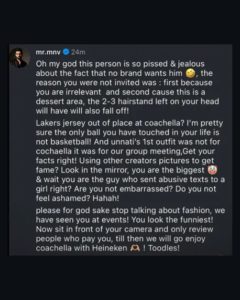
Naturally, Manav fired back. His reply on Instagram was sharp, calling Sufi irrelevant and accusing him of chasing clout. The post got shared across meme pages and influencer tea accounts, fueling even more buzz.
But Sufi didn’t stop there.
He roasted Unnati next, calling her outfit outdated and cheap. “This 2017 skirt with a 200 rupee top — even Sarojini Nagar wouldn’t sell this,” he quipped. The line cut deep. Fans of both creators rushed t
o defend them, turning a style review into a full-blown online war.
Unnati’s Response
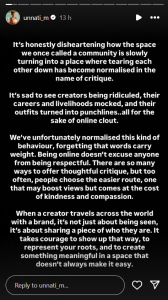
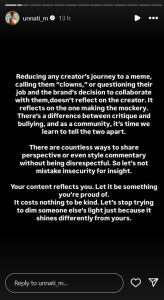
What started as fashion criticism soon became a case study in digital culture. Where do we draw the line between honest reviews and online bullying? Sufi claims he’s just speaking the truth, but the personal tone of his comments has left many divided.
Here’s the thing—fashion commentary is part of the game. But when it feels more like an attack than a critique, it backfires. As someone who’s seen the influencer space evolve, I think this clash shows how fragile online reputations can be. One reel, one comment, and boom—you’re viral, for better or worse.
Also Read – Shivesh Bhatia Shares How to Gain 1 Million Followers in Just 6 Months
So, what’s next? Will the drama die down or spark a new wave of accountability for what influencers wear and how we talk about it? Time will tell. But one thing’s for sure: Coachella 2025 wasn’t just about music or outfits—it was about owning your narrative and knowing when fashion stops being fun.



